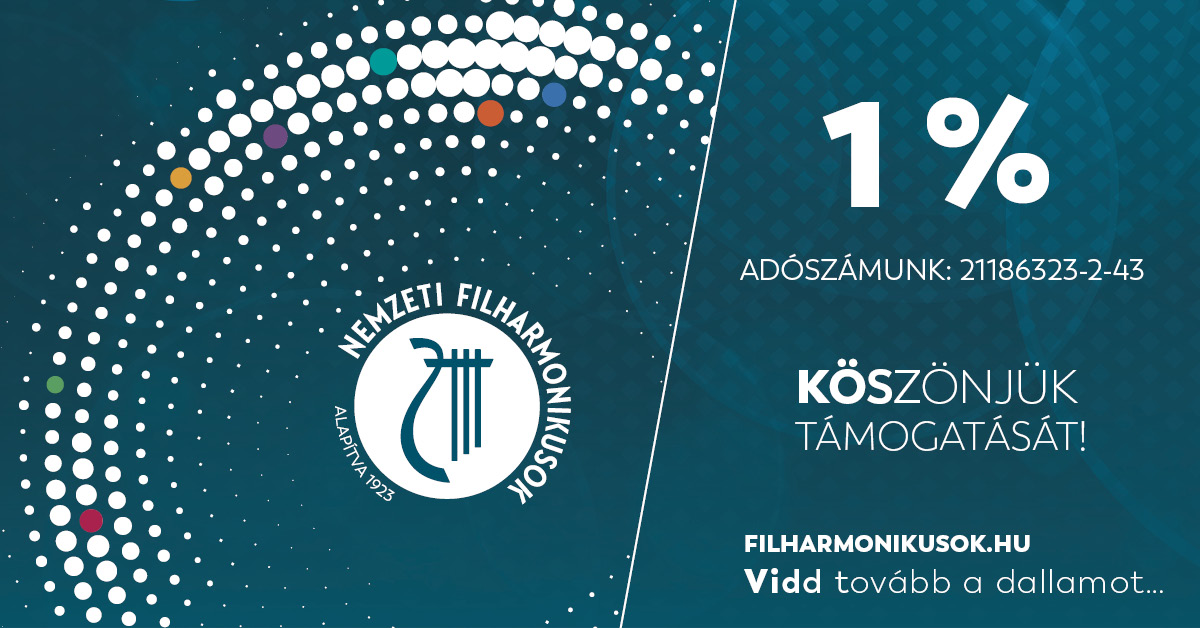The Carnival Overture (op. 92) by Czech composer Antonín Dvořák (1841–1904) is often played as the first item in concert programmes. At the time it was written (1891), the composer had reached the zenith of his popularity. Before leaving for the United States to take up his job as director at the National Conservatory of Music of America in New York City, he composed Nature, Life and Love, a trilogy of overture. It received its world première under the composer’s baton at the Rudolfinum in Prague on 28 April 1892. Later, however, Dvořák decided that they should be separate works and eventually published them as In Nature’s Realm (op. 91), Carnival Overture (op. 93) and Othello (op. 93).
The main theme of Carnival is not unlike an operatic crowd scene. According to the composer’s description a lonely traveller arrives at dusk in a town celebrating carnival, loud with merrymaking and revelry. In the nocturne-like middle section the English horn, the flute, the oboe, the clarinet and the violin have a solo role, and amid swinging melodies the pentatonic “nature” theme from In Nature’s Realm is sounded more than once. The development section and the recapitulation follow in carnival spirit, after which the work rounds off in a tour-de-force coda.


